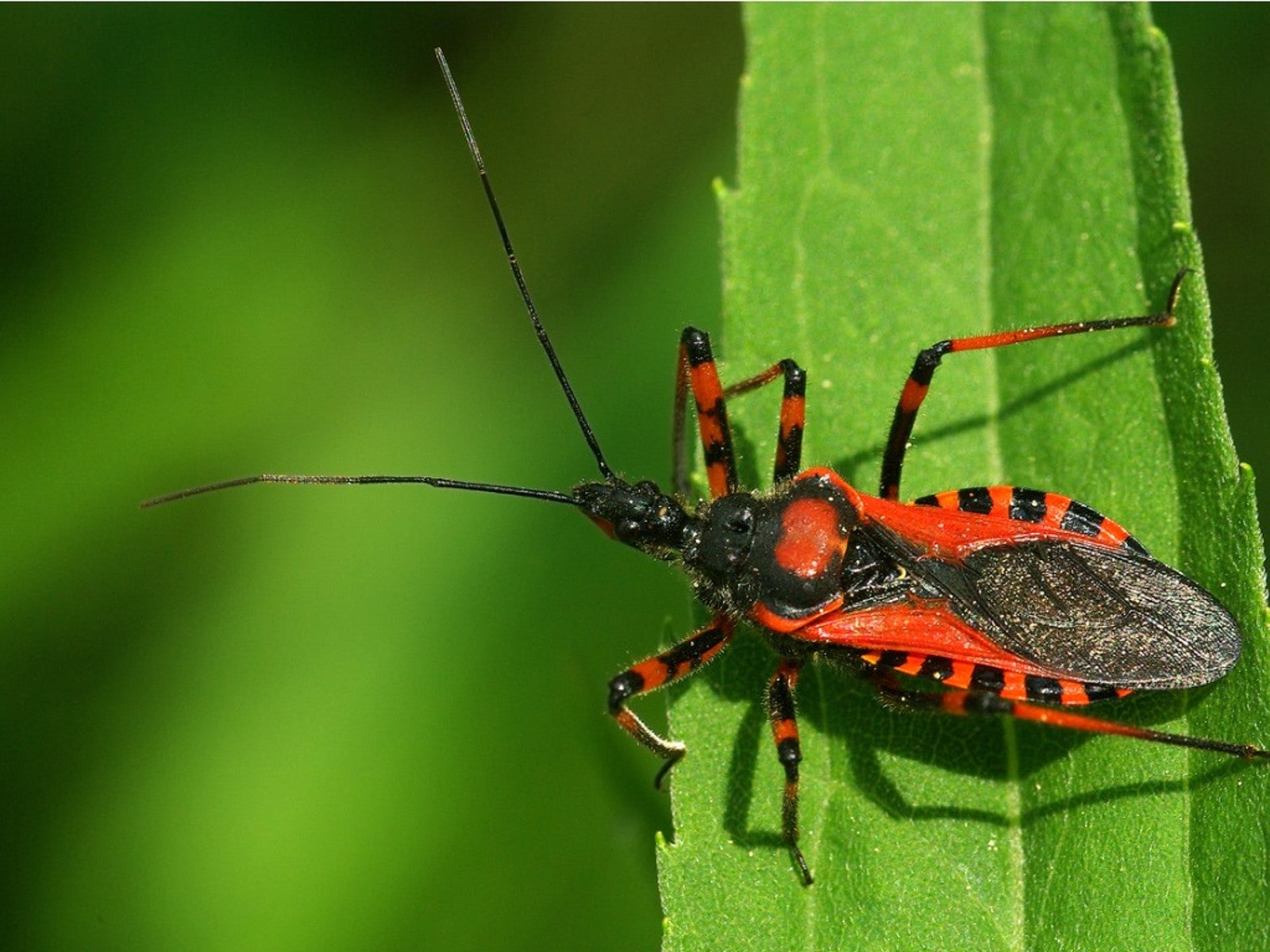Pollinator Predators - How To Protect Pollinators And Plants


While most gardeners understand the importance of pollinators and appreciate seeing them on our plants, not everyone loves them. In the natural world, bees, butterflies, and other pollinating insects are prey to certain predators. Create and support a healthy pollinator friendly garden to make sure your local population thrives.
About Pollinator Predators
Predators of honey bees and other insect pollinators take advantage of populous hives for sustenance. Some also attack pollinators on the job, when feeding at flowers. These are just some of the creatures that may prey on your garden pollinators:
- Flies. Some species of fly prey on bees, including robber flies. They feed on all kinds of flying insects but are drawn to hives.
- Wasps and hornets. These insects attack bees as they forage but they also go after hives and colonies.
- Other insects. Many other insects prey on bees, including praying mantis, dragonflies, and assassin bugs. The ambush bug waits on flowers to spring on a bee or other pollinator.
- Mammals. Some mammals go after hives for the honey and the bees, including skunks, opossums, raccoons, and bears.
- Birds. Many species of birds feed on bees and other pollinators. These include kingbirds, swifts, mockingbirds, and thrushes.
There are many other natural enemies of pollinators that don’t necessarily prey on them. For instance, parasites lay eggs on monarch caterpillars so that their hatched offspring can feed on them.
The Importance of Pollinator Conservation
Most of the predation on pollinators is natural, with both the pollinators and their predators part of the ecosystem. However, pollinator populations are struggling, especially bees, due to colony collapse.
Without pollinators, we can’t grow food. Every gardener can do their part to support a healthy habitat for these important species. If you have hives or raise monarchs, you may want to look out for predators and take steps to protect your pollinators from them.
Plant native species in your garden to attract and keep natural pollinators. Also, remember that pesticide and pollinators don’t mix. Avoid pesticide use as much as possible, as it will also kill beneficial insects.
If you have a healthy pollinator garden, natural predators won’t make a major dent in the population. However, multiple stressors, like pesticides and predators, can impact bee and butterfly populations.
Gardening tips, videos, info and more delivered right to your inbox!
Sign up for the Gardening Know How newsletter today and receive a free copy of our e-book "How to Grow Delicious Tomatoes".
If you raise bees or butterflies, you may need to take specific steps to protect them from an infestation of predators. For instance, a nearby yellowjacket nest could cause a lot of damage to hives. You can destroy the nest to control these predators. Your local extension office can provide advice about specific pests and predators.

Mary Ellen Ellis has been gardening for over 20 years. With degrees in Chemistry and Biology, Mary Ellen's specialties are flowers, native plants, and herbs.